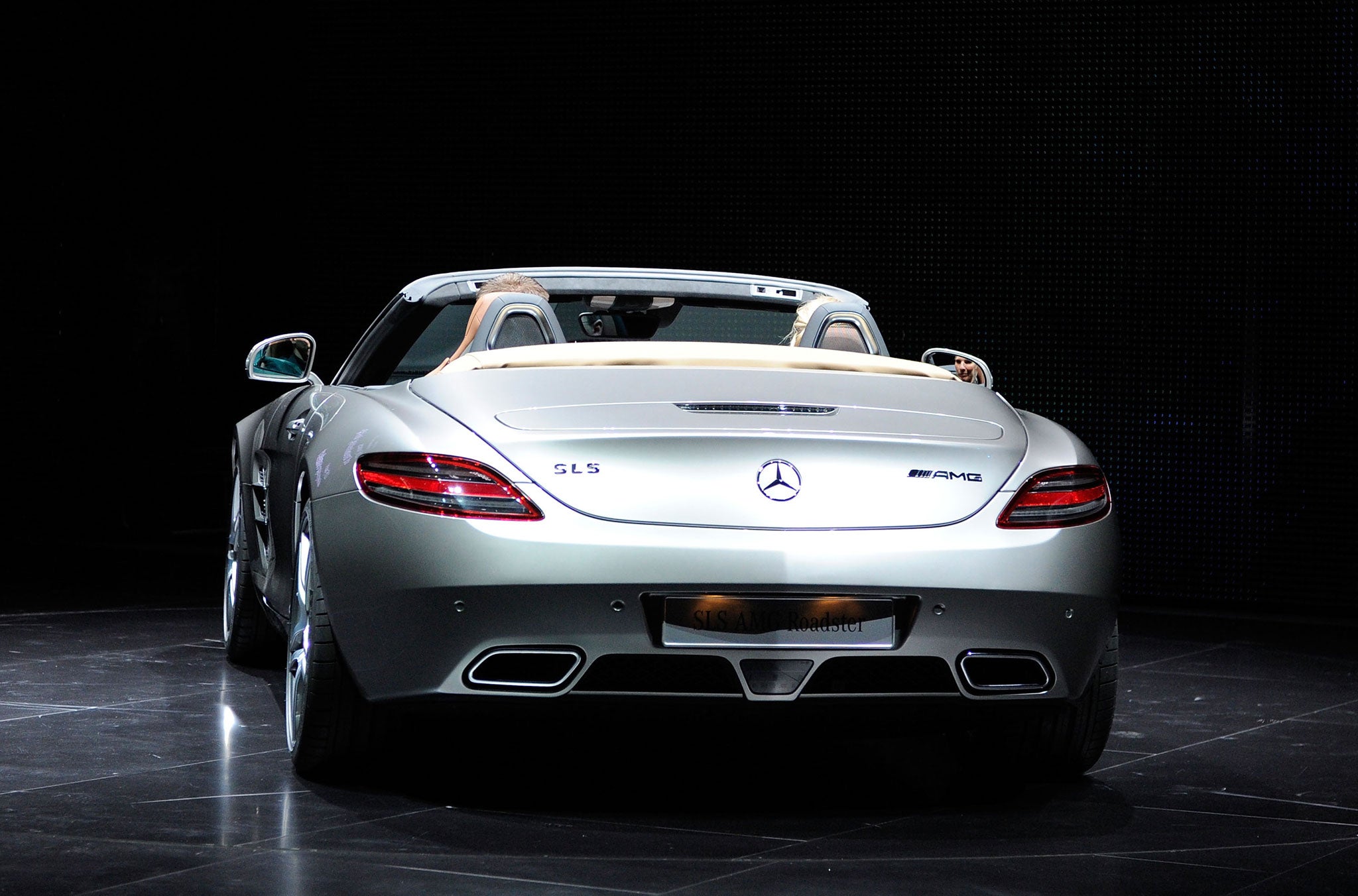The Independent's journalism is supported by our readers. When you purchase through links on our site, we may earn commission.
The car's no longer the star for a mobile generation
If you're a childless 18 to 30-year-old, owning a car is no longer a marker of status

Once upon a time it must have been a doddle to sell a fast car to a yuppie. Far more than a nifty way of getting around, that first automobile was, for so many children of the Sixties, the ultimate aspirational good – a petrol-powered incarnation of sex, social status and spirit. Lap a few decades forward, to right about now, and the advertiser's brief looks harder. Today it's about as easy to get a childless 18-30 year-old to sign for a car as it is to sell them a cardboard chassis marked 'Debt', and one that comes with a steep annual insurance cost. The engine of desire has conked out.
Before we get to why, a confession: I make no claim to be impartial, as a 23-year-old without a driving licence, let alone the resources to pay for a car. But perhaps you've bred someone like me or know one of my kind first-hand. Surveys show there's been a 20 per cent drop off in the number of 17- to 19-year-olds learning to drive over the last five years. Car ownership has plummeted correspondingly.
Finances – specifically the lack of them – are the first port of call for an explanation. This generation ('The One That Sunk'?) leaves school or university with less certainty of when that first pay-check will arrive. When it does, most of it will likely go on rent. Some will go on rail fares. What's left should probably be set aside for cheap thrills, not an automobile, if decorum and sanity is to be maintained.
A more uplifting explanation can be spotted here, however. Behavioural analysts believe material wealth is increasingly out of fashion. What were once markers of status – "oh lord won't you buy me a Mercedes Benz?" – no longer hold great cache. Instead, the young are said to respect transitory experiences. A trip (humblebragged on Facebook), a strong marathon time (posted on Twitter). Whether or not this is simply cutting our cloth according to the means at our disposal, the end result is surely an appealing one.
Fewer cars means fewer road-deaths, and more 'green' footprints. Last month ZipCar, a car-sharing service, was bought by Avis for £330m. Their service – vehicles for rent by the day, petrol costs included – will be greatly expanded. And for every one of their 1,500 UK fleet, 20 privately-owned cars are already surplus to requirements.
You hear a lot of talk about subsidies for green travel (which should no doubt be encouraged) but this is an example of market-driven change with clear benefit to consumers and the environment. It's almost enough to make the perennially car-less yearn for a joyride.

Join our commenting forum
Join thought-provoking conversations, follow other Independent readers and see their replies